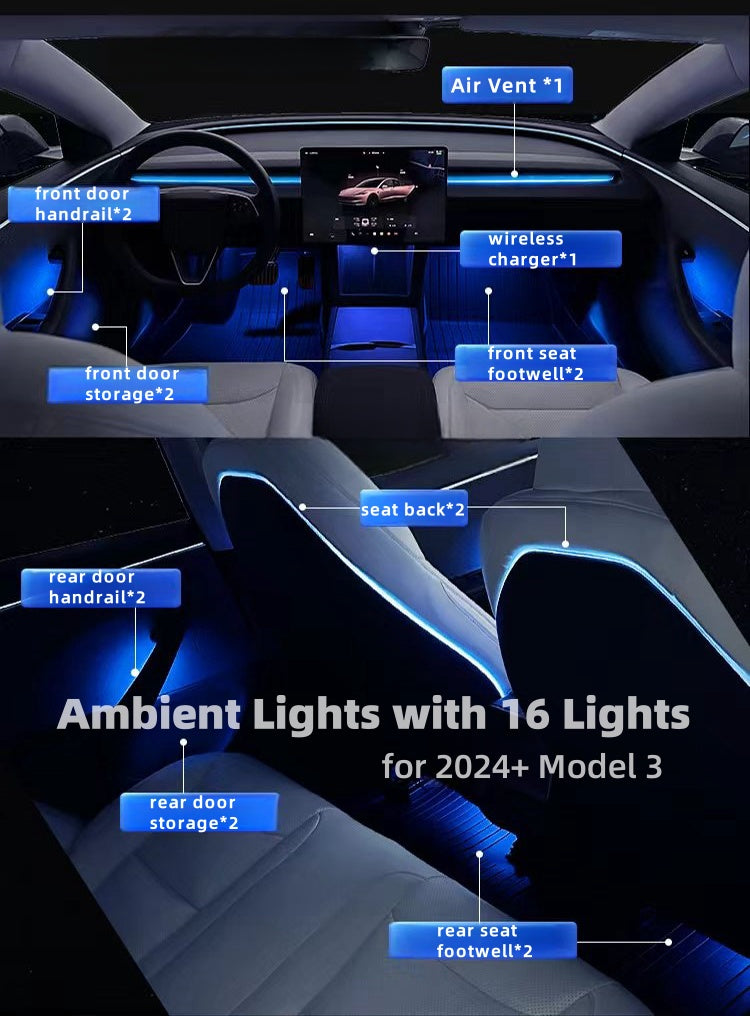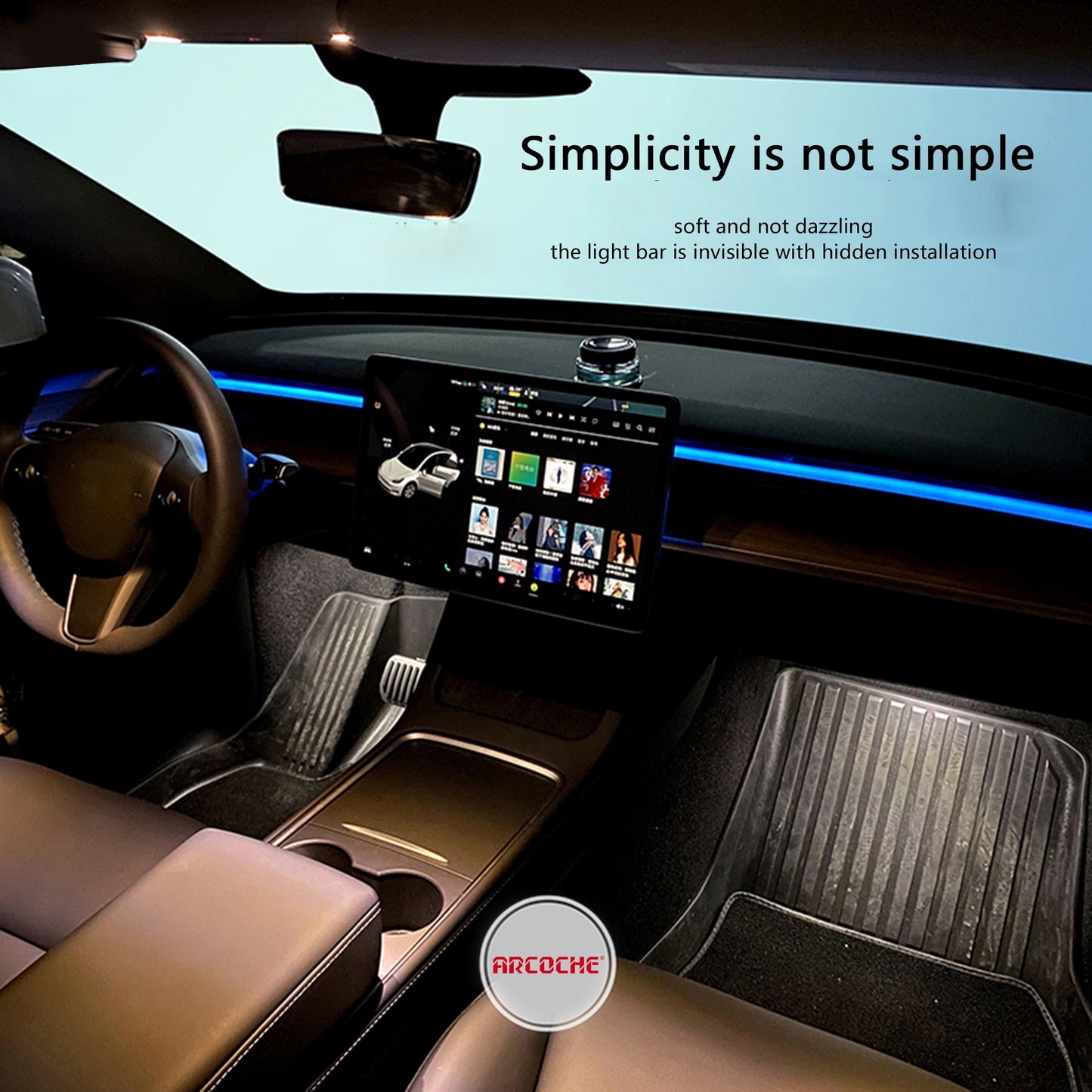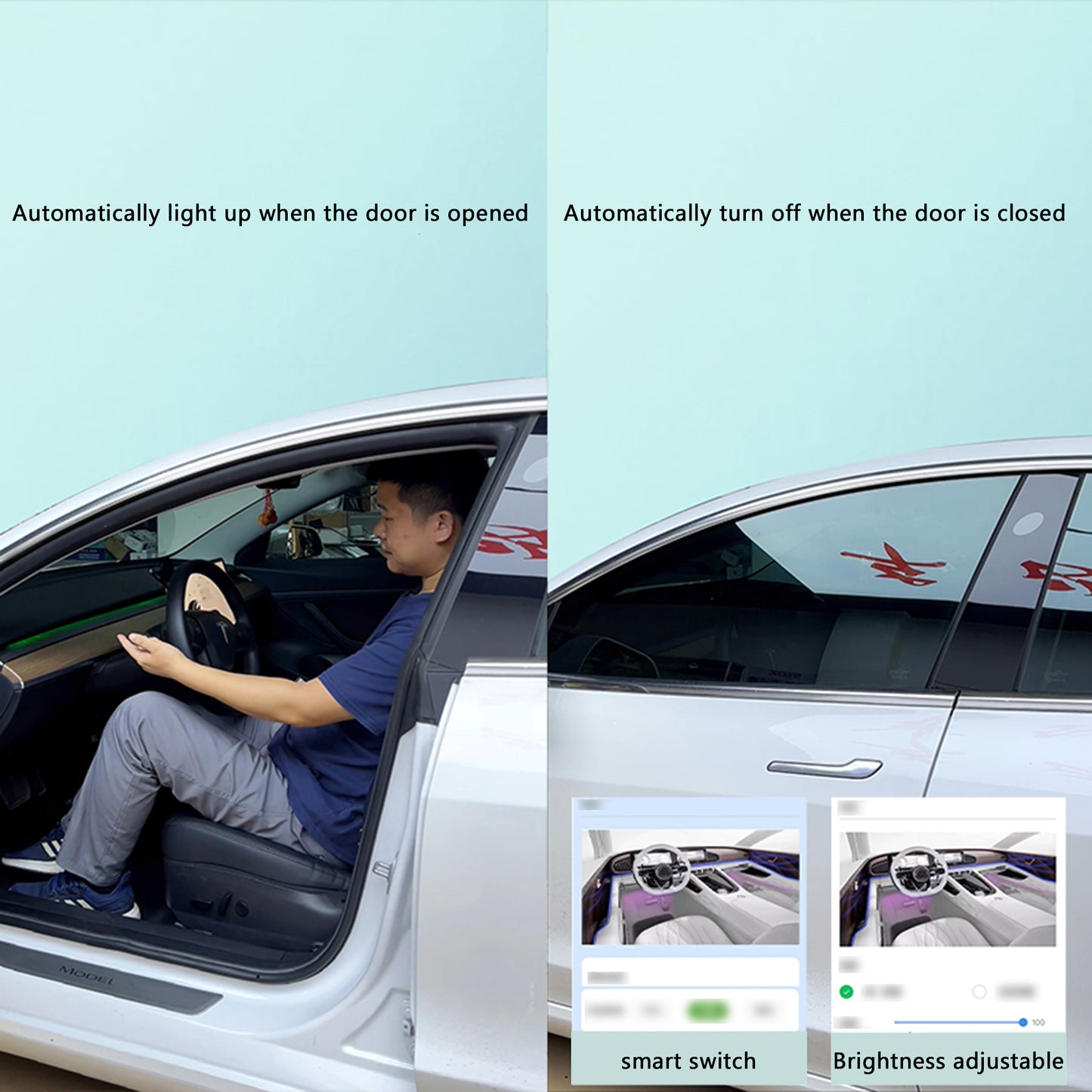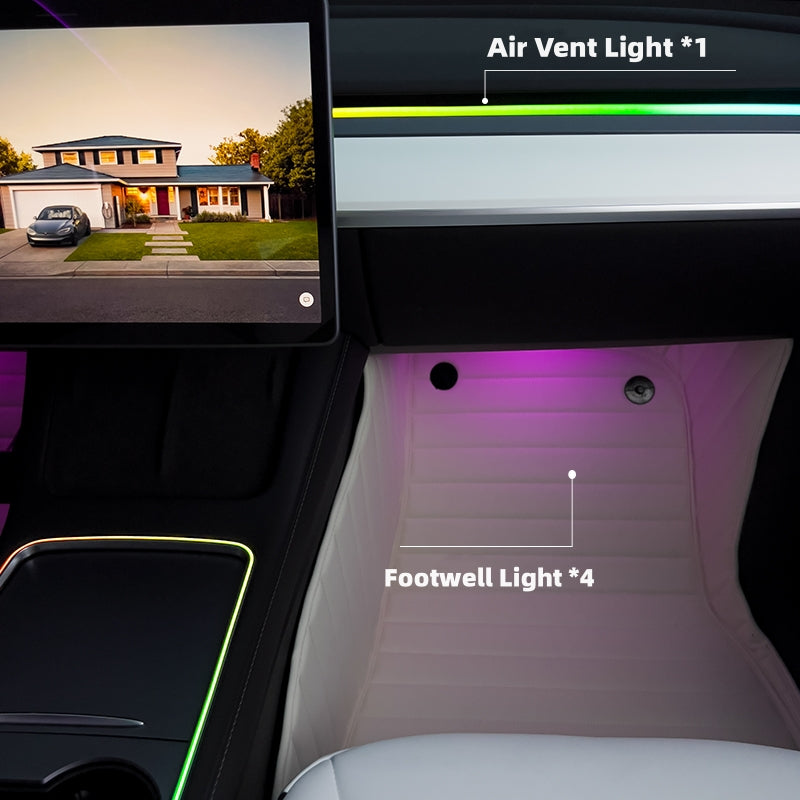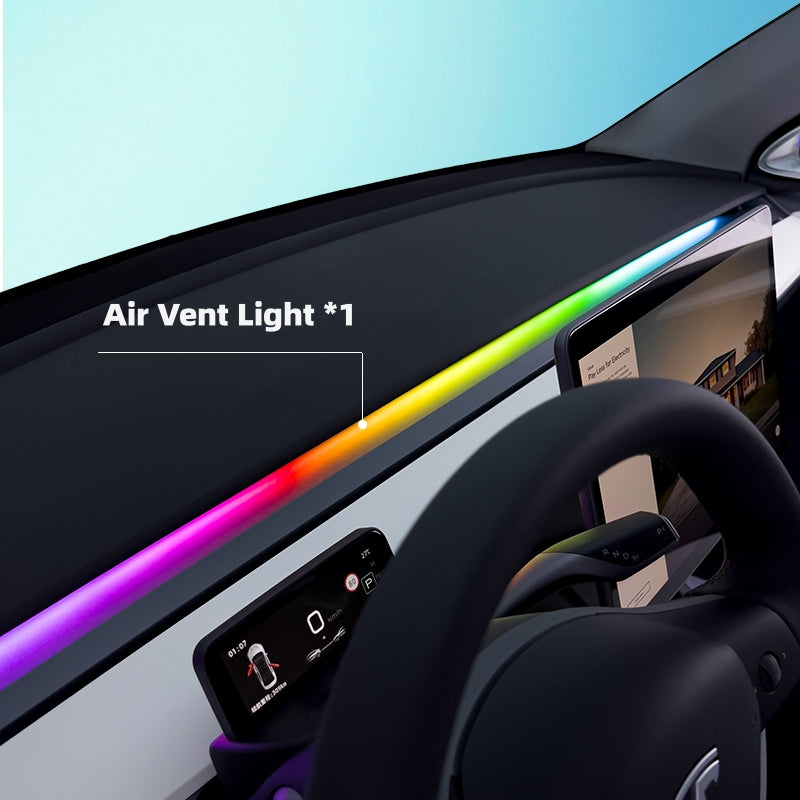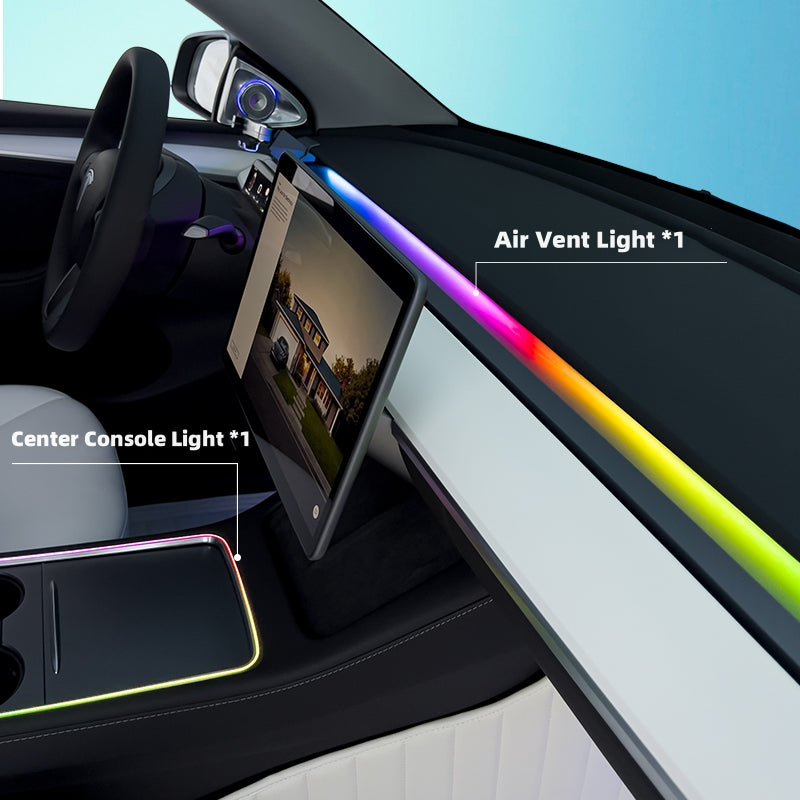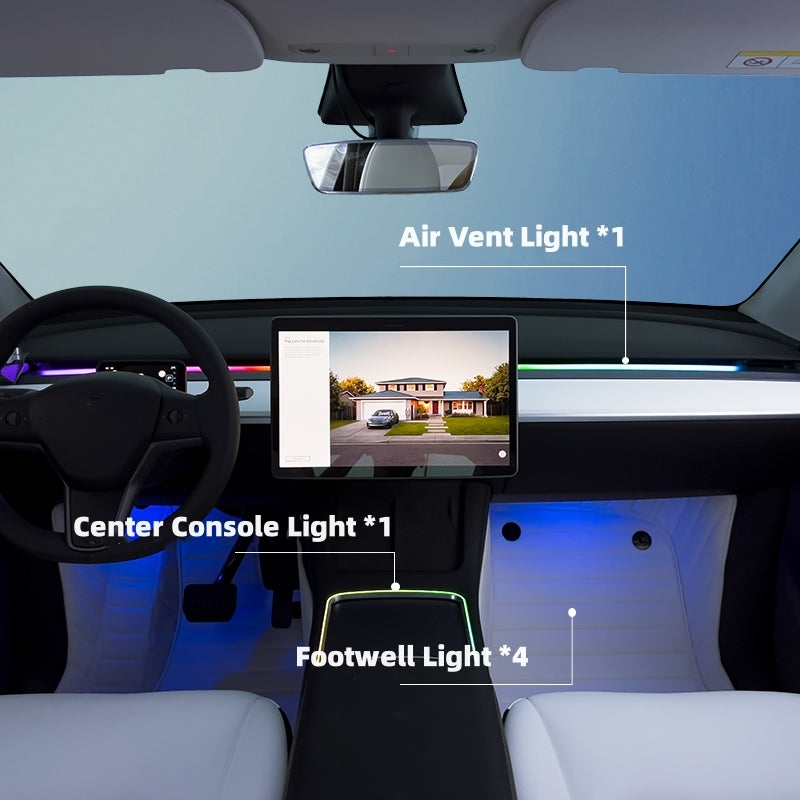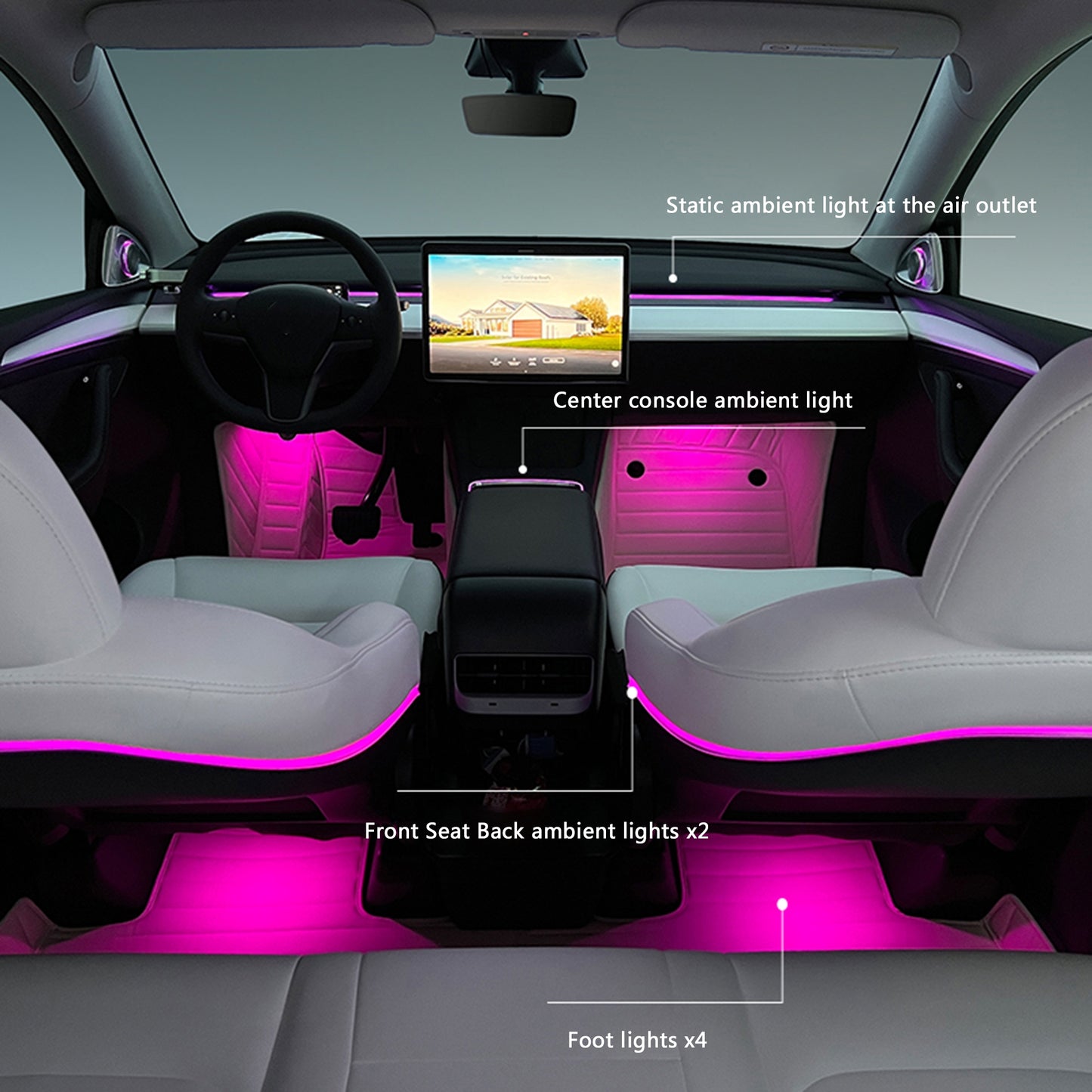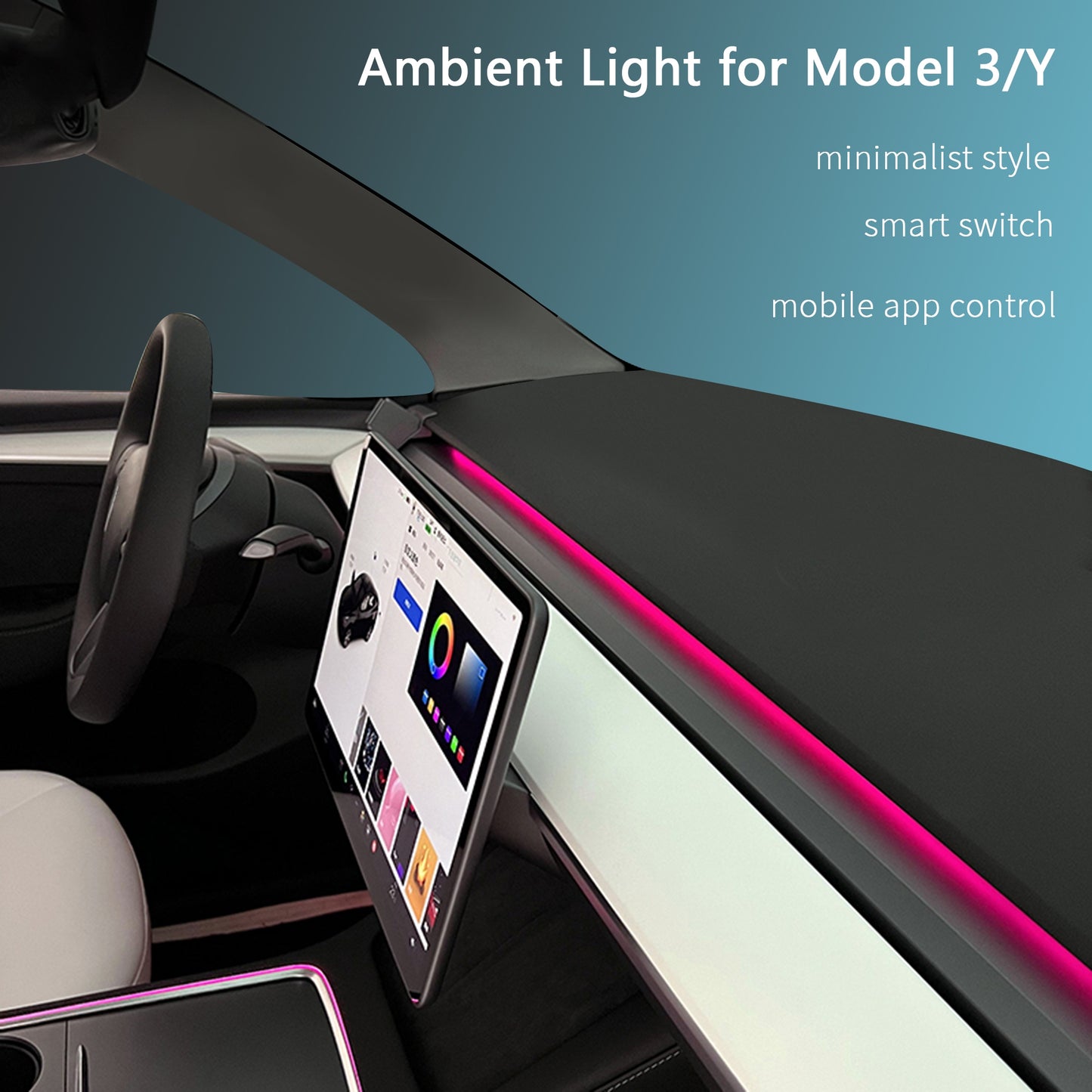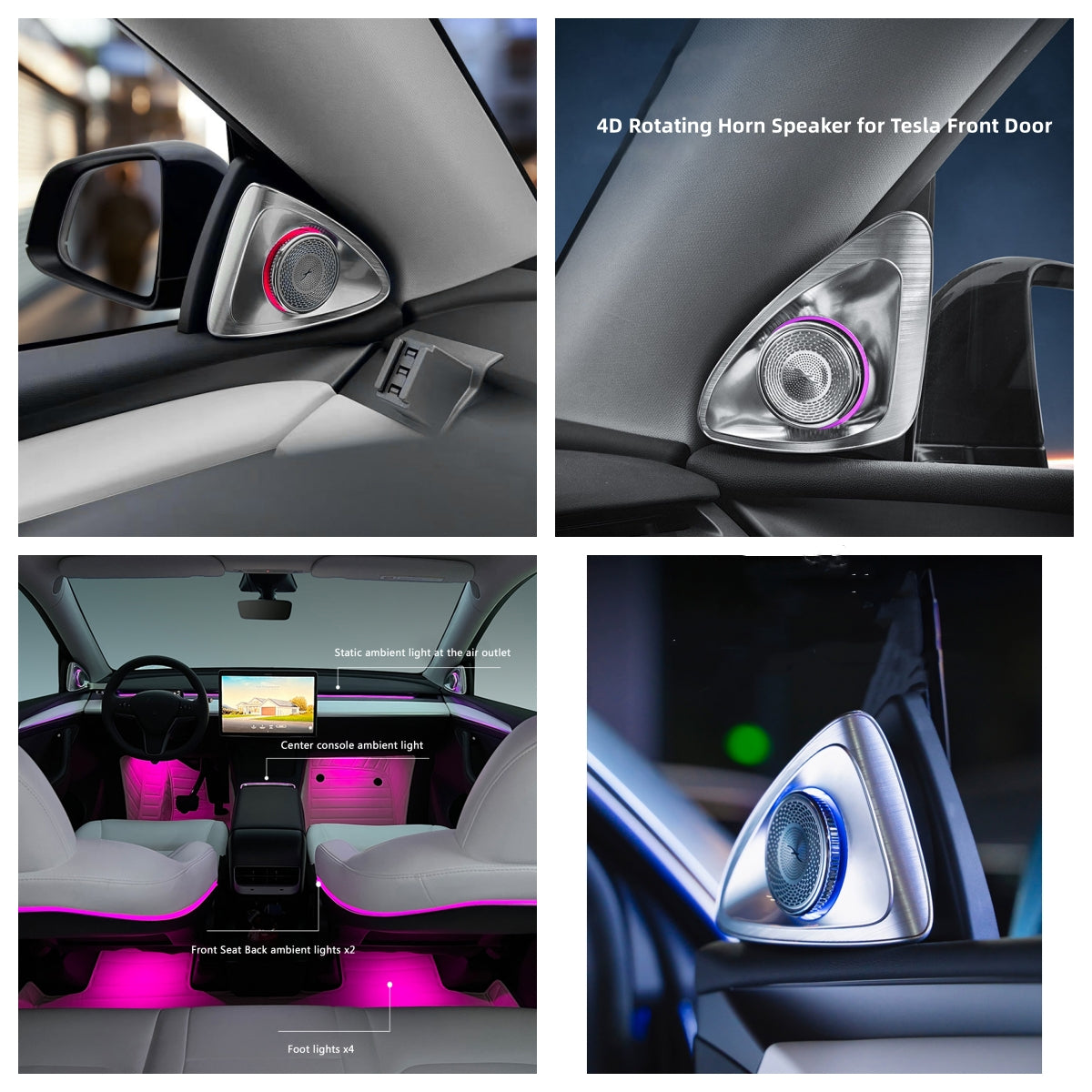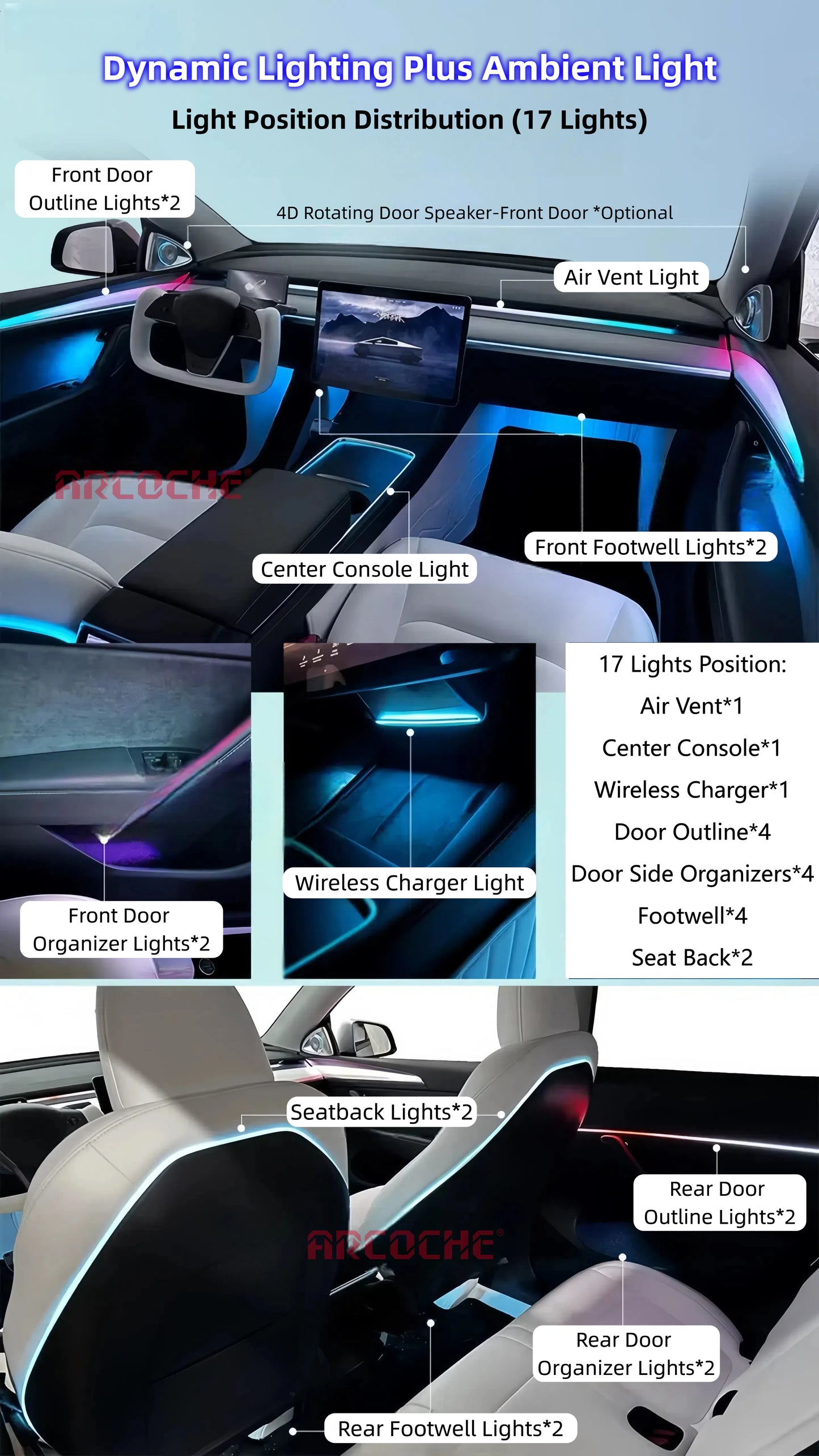
En 2023, Tesla desempeñó un papel importante en la reducción de la brecha de precios entre los vehículos eléctricos (EV) y los autos de combustión interna (ICE), trasladando el mercado de EV hacia la competitividad de los precios, según Cox Automotive.
En 2023, los precios de los vehículos eléctricos (VE) continuaron su descenso hasta alinearse con los precios de los automóviles de gasolina, impulsados en gran medida por las reducciones de precios proactivas de Tesla. Las sustanciales reducciones de precios de Tesla en toda su gama de vehículos a principios de año, denominadas una "guerra de precios" automotriz, ejercieron una presión considerable sobre la industria. Según un informe de Cox Automotive presentado en una transmisión web reciente, estos recortes de precios de Tesla iniciaron una disminución gradual de los precios de los VE a lo largo del año, acercando al mercado a lograr la paridad de precios con los vehículos con motor de combustión interna (ICE).
Los datos muestran que el precio de venta promedio de Tesla disminuyó de manera constante a lo largo del año, hasta alcanzar los 50.051 dólares en diciembre. Esta cantidad se situó muy cerca del precio promedio de 48.759 dólares de un vehículo con motor de combustión interna en el mismo mes.
Siguiendo las acciones de Tesla, el sector automotriz en general registró un precio promedio de venta de vehículos eléctricos de 50.798 dólares, lo que refleja una trayectoria descendente similar a lo largo del año. Además, el precio promedio general de un vehículo eléctrico mostró una disminución desde los 52.362 dólares de noviembre.
A continuación se muestra un gráfico que representa los precios de transacción promedio de los vehículos eléctricos a lo largo del tiempo, ilustrando la tendencia de Tesla, los vehículos eléctricos en conjunto y los vehículos con motor de combustión interna.
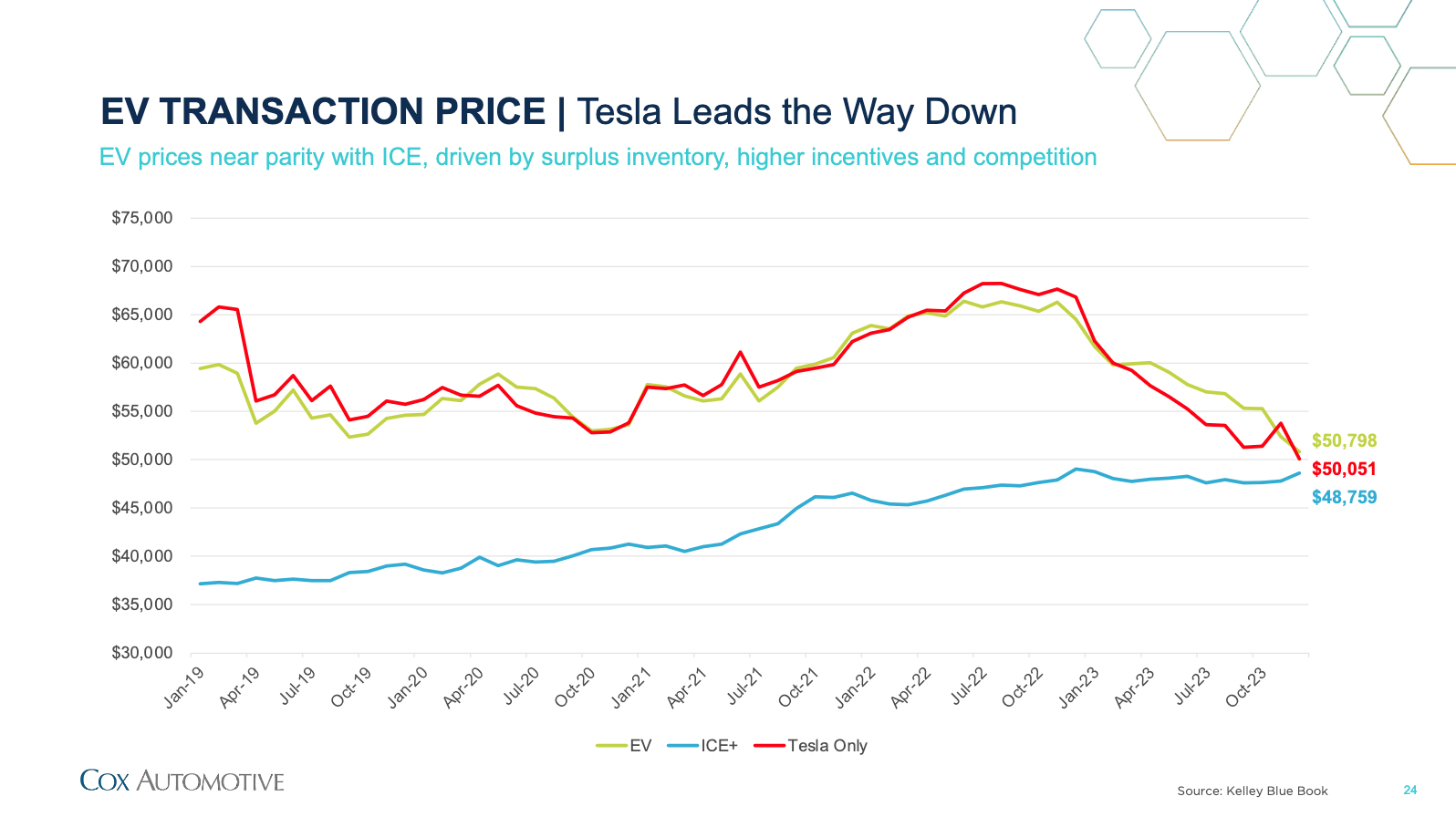
En 2023, la trayectoria de los precios de venta de los vehículos eléctricos (VE) continuó una tendencia a la baja, acercándose a lograr la paridad de precios con los automóviles a gasolina. Este cambio fue impulsado en gran medida por las agresivas reducciones de precios de Tesla, lo que desencadenó lo que muchos denominaron una "guerra de precios" automotriz. A lo largo del año, Tesla redujo significativamente los precios en toda su gama de vehículos, lo que ejerció una enorme presión sobre la industria en general. Según un informe de Cox Automotive destacado en una transmisión web reciente, esta medida de Tesla desencadenó una disminución gradual de los precios de los VE, lo que acercó el mercado a los costos de los vehículos con motor de combustión interna (ICE).
Los datos indican una disminución constante en el precio promedio de venta de un Tesla a lo largo del año, alcanzando los $50,051 en diciembre, una cifra no muy alejada del precio promedio de $48,759 de un vehículo ICE en el mismo período.
Siguiendo el ejemplo de Tesla, la industria automotriz en general experimentó una trayectoria descendente similar en los precios promedio de los vehículos eléctricos, estableciéndose en 50.798 dólares a fines de año. Además, el precio promedio general de un vehículo eléctrico cayó de 52.362 dólares en noviembre.
Cox atribuye esta tendencia a la baja en los precios de los vehículos eléctricos a los ajustes de precios de Tesla, los incentivos y la introducción de opciones de vehículos eléctricos más asequibles en el mercado.
Sin embargo, mientras algunos fabricantes de automóviles se enfrentan a niveles elevados de inventario de vehículos eléctricos en comparación con los vehículos con motor de combustión interna (un aumento del 92 % y concesionarios que tienen un suministro promedio de 113 días al final del año), empresas como Tesla y Rivian no están incluidas en estos datos debido a sus modelos directos al consumidor, que mantienen niveles de inventario significativamente más bajos.
Aunque Cox tiene la intención de publicar un informe completo sobre vehículos eléctricos a finales de esta semana, los primeros datos sugieren un panorama cambiante en la dinámica de precios de los vehículos eléctricos. Puede acceder a la repetición completa de la transmisión web aquí o ver el conjunto completo de diapositivas de la presentación aquí para obtener más detalles hasta que esté disponible el informe detallado.
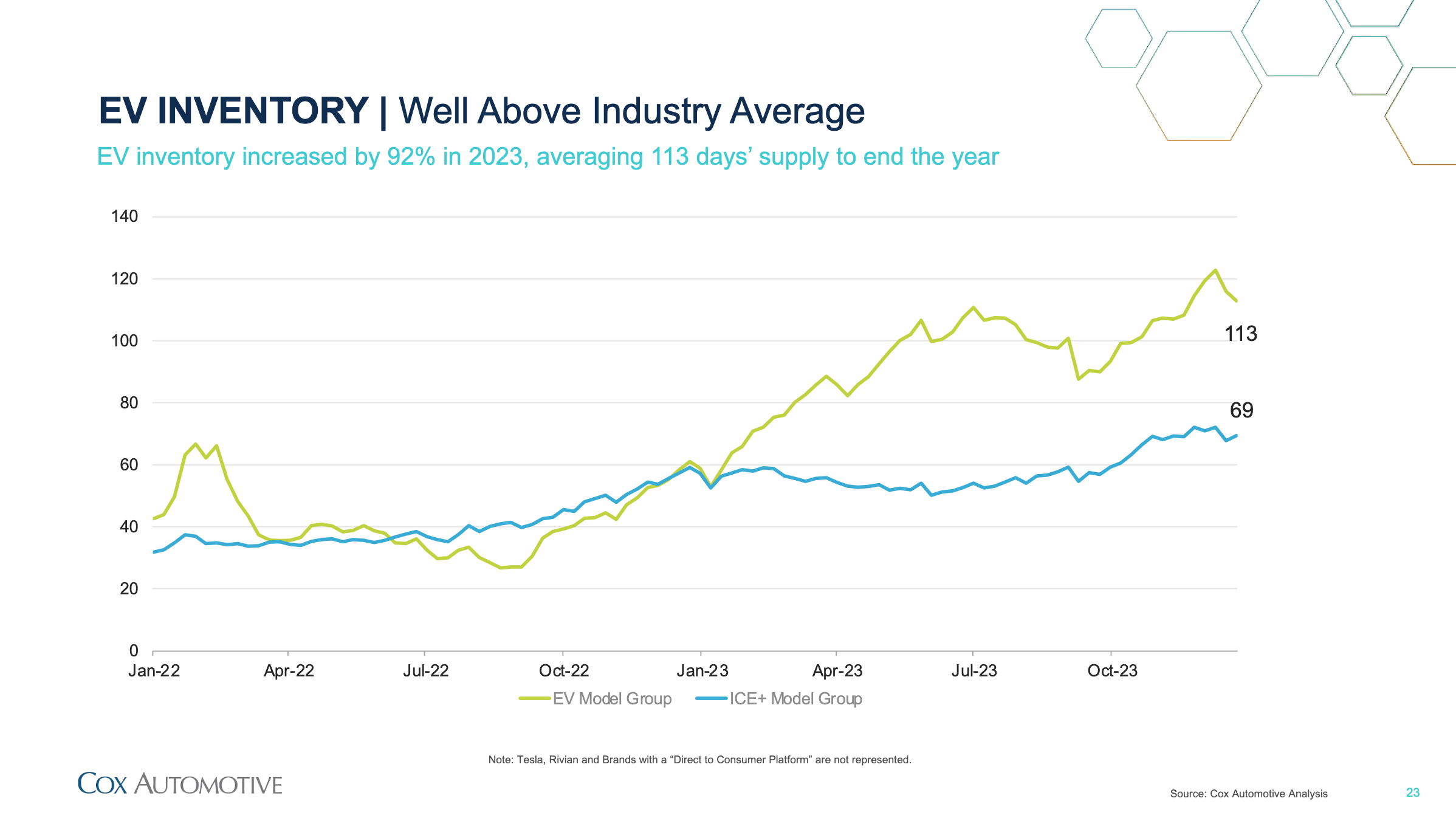
--------El artículo fue extraído de TESLARATI.



